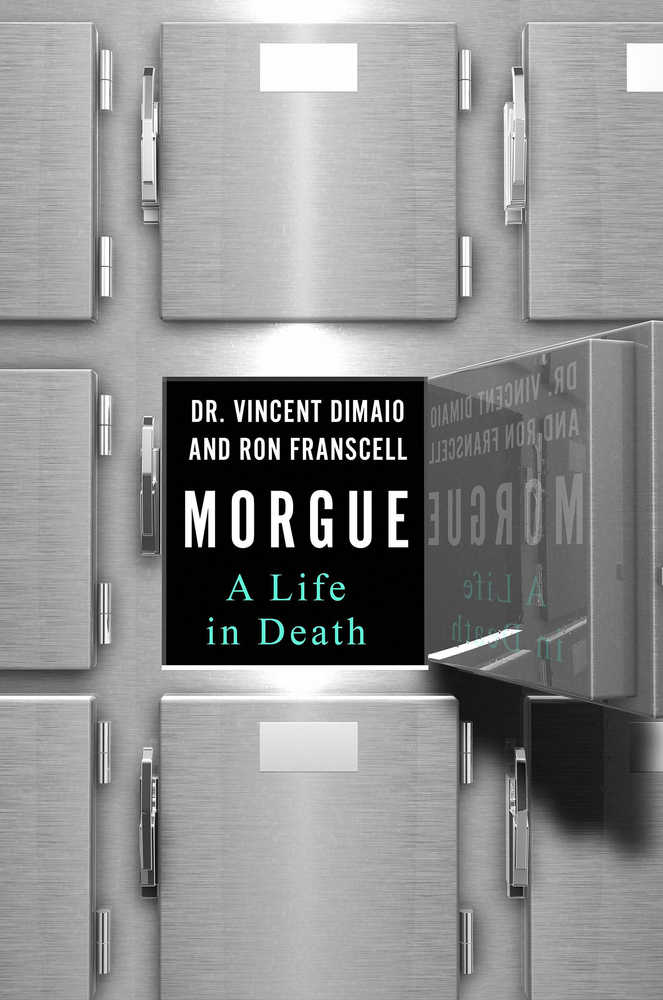We blurt it out without thinking; it’s a common question when someone has died unexpectedly. What happened, where did it happen, why, how…? Knowing the answer can help make sense of the senselessness of death. And in the new book “Morgue: A Life in Death” by Dr. Vincent Di Maio and Ron Franscell, knowing what happened could lead to a conviction.
Even as a little boy, Vincent Di Maio “assumed” he would become a doctor.
It was “not a conscious decision,” he says, but many family members had taken that route so he entered medical school, which he “detested.” When it was time to finally choose a specialty, he remembered how his father (also a physician) had “dragged” him to various New York City morgues on his rounds. Di Maio was comfortable with and fascinated by death and corpses. He chose pathology, too.
“Pathologists,” says Di Maio, “are doctors’ doctors” but the science itself is imperfect. “Most coroner systems” don’t produce quality work, he claims but yet, they’ve solved many, many crimes. The work “isn’t nearly as glamorous as TV makes it,” but pathology has answered all kinds of questions about death.
That doesn’t mean that it doesn’t affect its practitioners.
Di Maio says that pathologists learn not to let violence bother them. “You can’t live expecting everyone to be… a psychopath,” he says, and he learned early that “What I have on the tray [during an autopsy] is not a person but a body….The person, the soul, is gone.” In his long career, Di Maio has seen his share of dead bodies, and he’s solved a lot of crimes – some of them, decades old.
In Maryland, he weighed in on the deaths of multiple infants by their mother.
“I am angry,” he says, “that I still don’t know her true death toll.”
He was involved in the solving of a Civil-Rights-Era bombing. He was there at the last exhumation of Lee Harvey Oswald, and he consulted on the Phil Spector trial. He solved a few “secrets and puzzles.” He even saved a man from capital punishment.
Overall, he says, when looking at forensic evidence, it’s all about reasonable doubt.
“In matters of death and life, that’s our only moral standard.”
There was one mistake I made with “Morgue”: I had it by my bedside.
Not only did authors Vincent Di Maio and Ron Franscell keep me up reading way past my bedtime, but they also kept me awake with real-life gruesomeness and tales of murder and mayhem solved. Yes, there are times when a strong stomach is required to proceed, but there’s also an element of can’t-look-away, too. Di Maio’s stories are well-told and true crime fans may recognize them; if so, you’ll also enjoy knowing how those cases were closed and buried.
Sensitive readers, know that this is probably not a book for you. Nope, but CSI lovers and true crime fans will be overjoyed with it, so get your hands on “Morgue.” Miss it, and you’ll forever wonder what happened…
The Bookworm is Terri Schlichenmeyer. Email her at bookwormsez@gmail.com.

